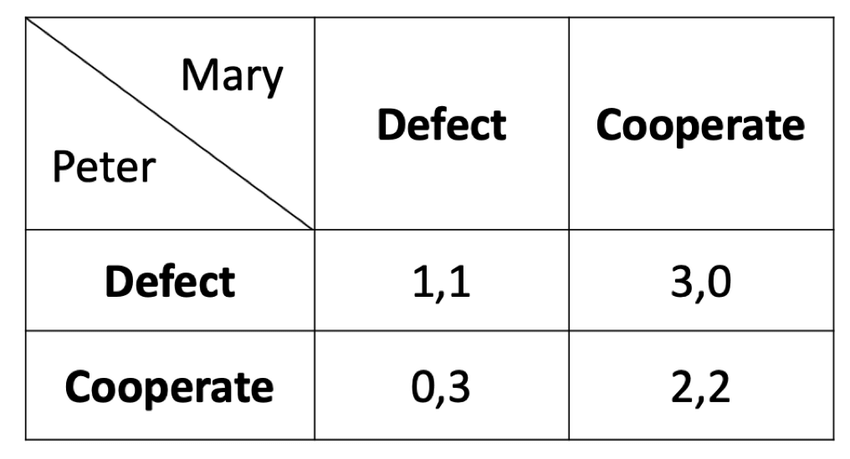The first ever Crowdfight Symposium will be taking place on 15th June. The symposium will look at the incentives inherent in the academic system, such as authorship in publications, and how these motivate academics. Crowdfight seeks to address how these incentives might be improved to further promote collaboration.
The first ever Crowdfight Symposium will be taking place on 15th June. The mere mention of Crowdfight evokes images of punches, bruises, and bandages. Crowdfight is an apt play on words, considering how competitive academia can be, but it is no battle royale. Quite the opposite, Crowdfight is a direct challenge to the notion that academia needs to be driven by competition. Crowdfight is a platform which, from March 2020, allowed tens of thousands of scientists to come together in the fight against Covid-19. It has since evolved a wider mission to allow academics and researchers to collaborate instead of compete in the pursuit of knowledge. Through its upcoming symposium, Crowdfight will present its vision for collaboration and the culture behind the science, and just how you might fit in.
Every great idea has a story waiting to be told. The pandemic has accelerated digitisation and offered new solutions to old problems. Necessity, as they say, is the mother of invention. As Covid-19 swept across the globe, not only did new challenges emerge for effective teamwork, but existing obstacles were no longer just a professional nuisance. Bureaucracy, small-mindedness, and pointless rivalry suddenly had a heightened cost in human lives.

Image credit: Crowdfight
It was against this backdrop that three researchers banded together at the beginning of the pandemic to set up Crowdfight. Their humble ambition: to match researchers carrying out Covid-19 studies with one another, in order to address skills gaps and to help link problems with solutions. It has been just over a year, and Crowdfight Covid-19 now boasts 46,000 volunteers, 165 ongoing requests for assistance, and 90 requests successfully resolved already. So how does Crowdfight work?
Today, Crowdfight receives 5-10 daily requests for assistance in projects, which the team behind the platform then discuss and filter. Their team has grown enough by this point that they have at least one expert onboard with enough knowledge on any given topic to make a judgement call as to whether the request is feasible for the platform or not. Those requests which make the cut are sent to the 35,000 volunteers on the mailing list every few days. By the time the email has finished doing the rounds, Crowdfight will have collected between 4000 and 5000 responses. Crowdfight then moves to the next stage, matching volunteers with requests. There may be hundreds of volunteers available for simpler tasks, or very few for the highly technical ones, or none at all. However, Crowdfight states that volunteers can still be matched indirectly, through the personal networks which each volunteer possesses. Crowdfight’s attention to detail is such that they may narrow down a list of 8000 potential volunteers to just 1 potential person to plug a skills gap.
One of the most famous scenarios in game theory is the Prisoner’s Dilemma, where two hypothetical prisoners are put in separate rooms.

The rules of the game are such that if both prisoners keep quiet, they will each serve 1 year in prison. If they both betray each other, they will both suffer 2 years in prison. If A betrays B (while B remains silent), then A is set free and B is sentenced to 3 years in prison, and vice versa. In such a scenario, game theory dictates that the prisoners should always betray each other. This is the logic behind competition, market failures, and environmental destruction.
In repeated games, however, the best outcome arises from cooperation, not competition. Working together yields the highest positive outcomes. In evolution, where competition should reign supreme, we are also coming to understand the importance of cooperation towards the development of species. These golden rules are no different in academia. The best possible results for both scientists and society at large lies in finding ways for the skills and intelligence of researchers to complement each other’s work in the most effective and straightforward manner possible.
The Crowdfight Symposium comes thanks to the momentum of this forward-thinking platform. Its rapid growth is a clear indication that there was a crucial need just waiting to be addressed, the solution to which is now being developed. As Crowdfight expands to other fields, the symposium will address pressing questions as to what really defines collaboration, and the benefits it brings.
Looking ahead, the symposium will look at the incentives inherent in the academic system, such as authorship in publications, and how these motivate academics. Crowdfight seeks to address how these incentives might be improved to further promote collaboration. Attending the symposium is an opportunity not to be missed.
The event kicks off at 16:00 on 15th June 2021. The potential for the event is limitless, but the deadline to register is not. You can do so until one day before the event via the Symposium webpage. May we see you on the other side, in a fairer, friendlier scientific world.






Comments are closed for this article!